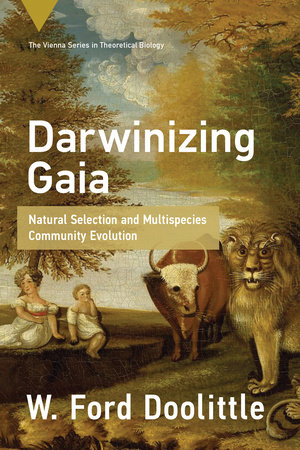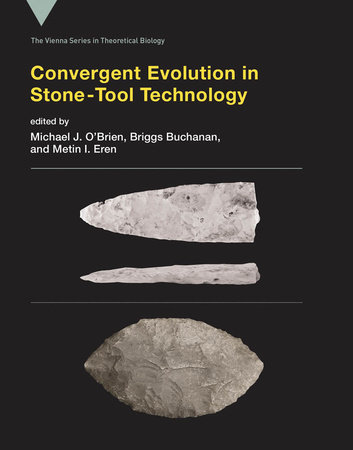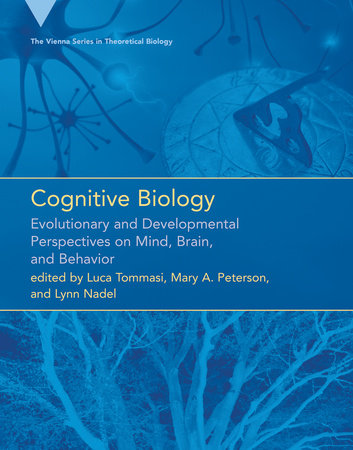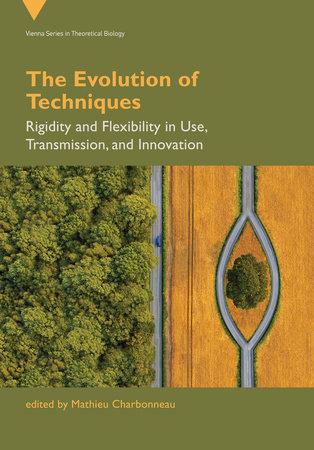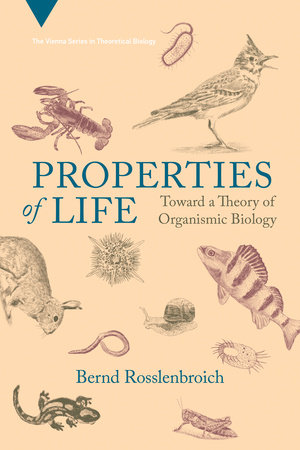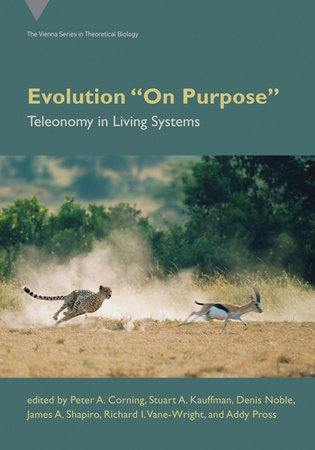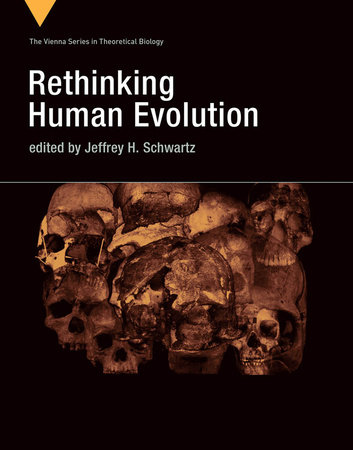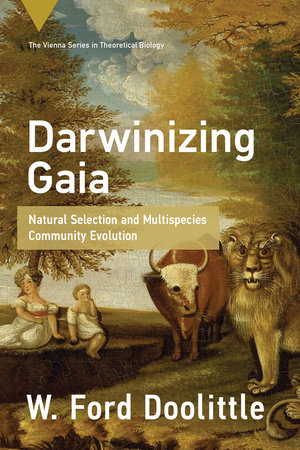
Darwinizing Gaia
Natural Selection and Multispecies Community Evolution
W. Ford Doolittle
Ebook
December 3, 2024 | ISBN 9780262380621
AmazonApple BooksBarnes & NobleBooks A MillionGoogle Play StoreKobo
Paperback
December 3, 2024 | ISBN 9780262549523
AmazonBarnes & NobleBooks A MillionBookshop.orgHudson BooksellersPowell'sTargetWalmart
About the Book
First conceived in the 1970s, James Lovelock’s Gaia Hypothesis proposed that living organisms developed in tandem with their inorganic surroundings, forming a complex, self-regulating system. Today, most evolutionary biologists consider the theory problematic. In Darwinizing Gaia, W. Ford Doolittle, one of evolutionary and molecular biology’s most prestigious thinkers, reformulates what evolution by natural selection is while legitimizing the controversial Gaia Hypothesis. As the first book attempting to reconcile Gaia with Darwinian thinking, and the first on persistence-based evolution, Doolittle’s clear, innovative position broadens evolutionary theory by offering potential remedies for Gaia’s theoretical challenges.
Unquestionably, the current “polycrisis” is the most complex that Homo sapiens has ever faced, and this book can help overcome the widespread belief that evolutionary biologists don’t believe Lovelock. Written in the tradition of Richard Dawkins’s The Selfish Gene, Darwinizing Gaia will appeal to students, evolutionary scientists, philosophers, and microbiologists, as well as environmentalists seeking to understand the Earth as a system, at a time when climate change has drawn our planet’s structure and function into sharp relief.





